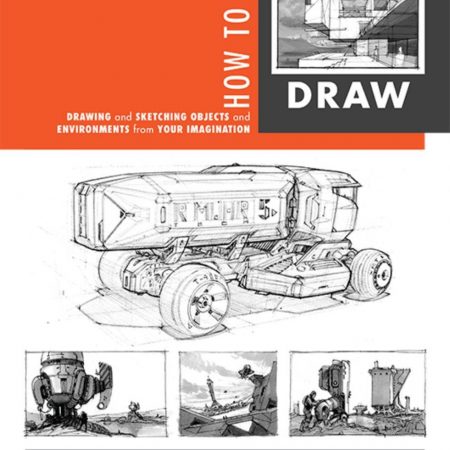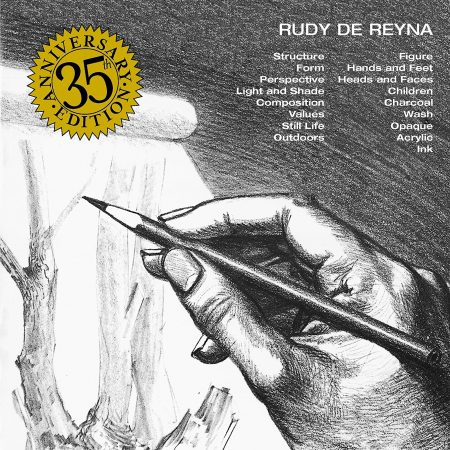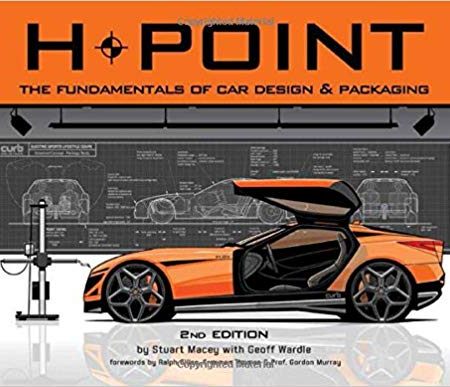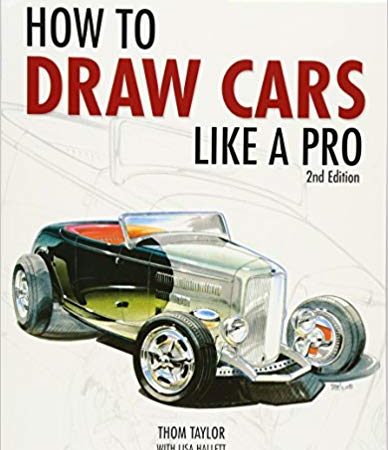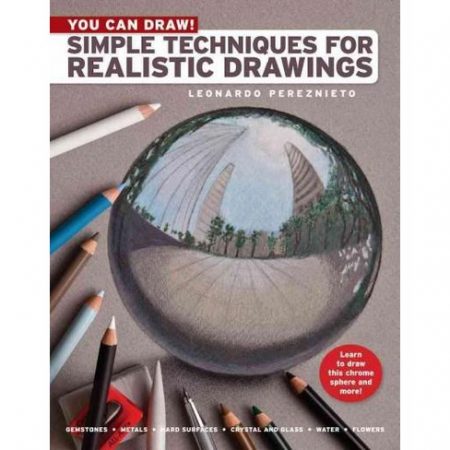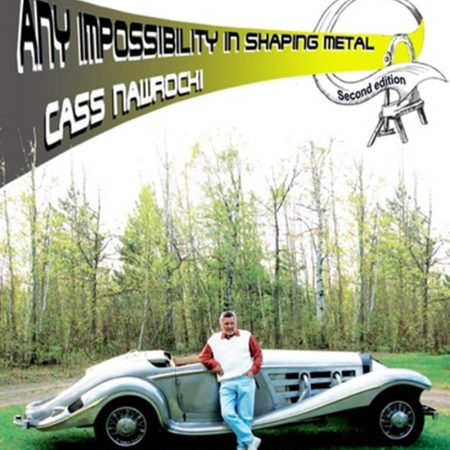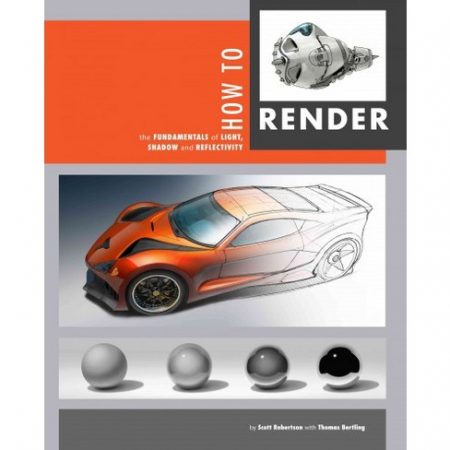Non-Discrimination Policy
The Academy for the Art of Metal Shaping Inc., a 501c3 non profit corporation, does not and shall not discriminate on the basis of race, color, religion (creed), gender, gender expression, age, national origin (ancestry), disability, marital status, sexual orientation, or military status, in any of its activities, classes or operations. These activities include, but are not limited to, hiring and firing of staff, selection of volunteers and students, and provision of services. We are committed to providing an inclusive and welcoming environment for all members of our staff, clients, volunteers, subcontractors, vendors, and students.
1 Year Class
Learn the Craft of CoachBuilding
Tuition: $42,000
3 Spots Available for 2019
Class begins April 1, 2019
Syllabus
What Students Can Expect to Learn
This is a very progressive class and students are expected to spend the time needed for preparation so that class time is not wasted. Each skill and technique learned in class will be practiced and studied at length outside of class.
The entire syllabus before you will give you the important aspects required for the construction of a vehicle build as it relates to CoachBuilding. This is a very intensive work and study program that should leave you exhausted if you are doing everything correctly in class and during your required reading and video study. You will not graduate this 1-year program as a Master, but what you will leave with is a complete understanding of the skill sets required in CoachBuilding and how to create metal-bodied vehicles properly so that you can be an asset to whomever you work for or with.
Several areas covered in the weekly study that will be a more in-depth look are Welding, Metal Shaping, using the English Wheel, and Hand Tools. These areas will be a part of nearly every class day’s activity. Each week you will get a handout of the details we will be covering and every day you will be reflecting on what you learned that day with a round table discussion due that night by email.
Class Materials
Required Textbooks
Suggested Textbooks
Additional Materials
A Week by Week Breakdown
Weeks 1 & 2: Metal shaping or as I refer to it- The game of Chess
- Before metal is shaped or taught, you will be introduced to the fundamental skill sets needed on how design unfolds/works: the aspect of light lines, flow, overall vehicle shape, connecting panels that must work together seamlessly, and how to anticipate design when additions to a vehicle are required or desired.
- Laws of design and understanding the all-important Golden Ratio as it applies to metal shaping.
- Visualizing a shape and how it fits a project; forming it with wire, foam, and clay to work out the light lines and design.
- Learning to communicate through perspective drawing (an introduction that will be developed into a real skill over the course of the year).
- Reading light lines and understanding flow, as well as how it relates to the entire process of CoachBuilding.
- Where do you start on a build— i.e. what comes first?
Weeks 3, 4, 5: The machines and equipment
- An introduction to the English Wheel, Power Hammer, Air Planish, hand tools, power equipment, and metal machines. Students will develop their skills with these tools in weeks 3, 4 and 5 and will continue to hone them over the course of the year.
- The understanding of panel forming and how metal moves in order to achieve the desired shapes needed.
- Learning how to use hand tools to develop shapes.
- Making a few of your own hand tools.
- Metal bumping skin after shaping to smooth out the shape.
- The four key elements of making panels, and how to tell what to do and when to do it: form, shape, stretch and shrink.
- Continuing to develop drawing skills: basic communication through drawing out what you are thinking.
Weeks 6-10: Getting it right the first time
- Understanding the layout of the upper structure and how it relates to the body lines and flow of the vehicle’s light lines.
- Building shaping bucks from wires, wood, and steel and/or aluminum so that panels can be fitted properly during the construction of a build project.
- Defining the information needed to construct a superstructure off of the main chassis and how to properly match both sides with one pattern.
- Using clay to define and shape objects, then transferring the information from the clay modeling of a body or body parts back to the body buck for accurate body layout and appearance.
Weeks 11 and 12: Welds that make you proud
- Welding of steel and aluminum using MIG, TIG, and gas techniques.
Weeks 13-16: Making it right the first time
- Adding torsional rigidity for the vehicle’s frame.
- A brief introduction of tubular chassis construction in steel.
- Construction of a superstructure that will be mounted to a chassis that closely fits a wire-body design. Students will be instructed on how to properly add support and how to align the body over a superstructure while it becomes a part of the overall body mounting points.
- Safety in design, packaging, crumple zones, and the best material choices when constructing.
Week 17: Keeping it tight
- Jig construction of tubular steel chassis parts.
Weeks 18-25: The icing on the cake
- Gapping, wire edging, and fine-tuning of the body.
- Complete construction of an alloy body with correct light lines, door gaps, returns, wet plain areas, and understanding the right rubber seal for a design that will give you a proper wind and water seal.
- Fitting and mounting a complete body with doors, hood, and deck lid.
- Panel forming and mounting.
Weeks 26-Beyond
- Students will apply their knowledge learned from the first semester of class toward real vehicle work and other projects. Students will be expected to develop their skills, demonstrate their knowledge, and complete a Master Piece project prior to graduation.
It must be understood by all that this is a very aggressive program and not without its share of hard work, dedication and long hours to achieve a reasonable level of CoachBuilding mastery. This syllabus is an outline of our agenda and there is very real possibility that not all things on the syllabus will be covered in the detail needed to be understood. This is totally up to the student’s cognizance regarding the subject matter and their determination for success.
The instructor(s) will work to make sure they help the student succeed in required tasks but will not be held responsible as to whether or not the student can meet the expectations based on their own skill levels and how quickly they can adopt the skills required. Many different strategies will be used to help a student understand and keep up with the information given in class, and may at times require one on one time outside the hours of the class to make sure that no one is left behind.
The success of our students from this Academy is paramount as is our future existence as an Academy for higher learning in a rare art.
The craft of CoachBuilding contains skill sets that are all relevant to past, present and future vehicles or projects in metal and should not be looked at as merely an old world grouping of tools and skills that are no longer relevant.
Best regards,
Mark Gerisch, Founder and Main Instructor of The Academy for the Art of Metal Shaping, Inc.
While AAMS does not currently offer tuition assistance or financial aid, our admissions office is working to become compliant with the U.S. Department of Veterans Affairs in order to provide Post-9/11 GI Bill funding opportunities to qualifying students.

